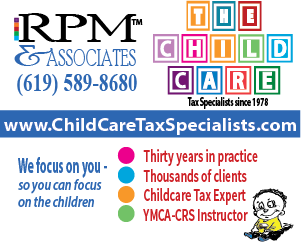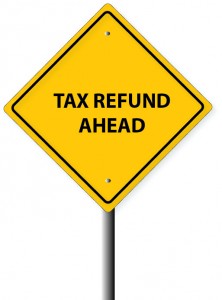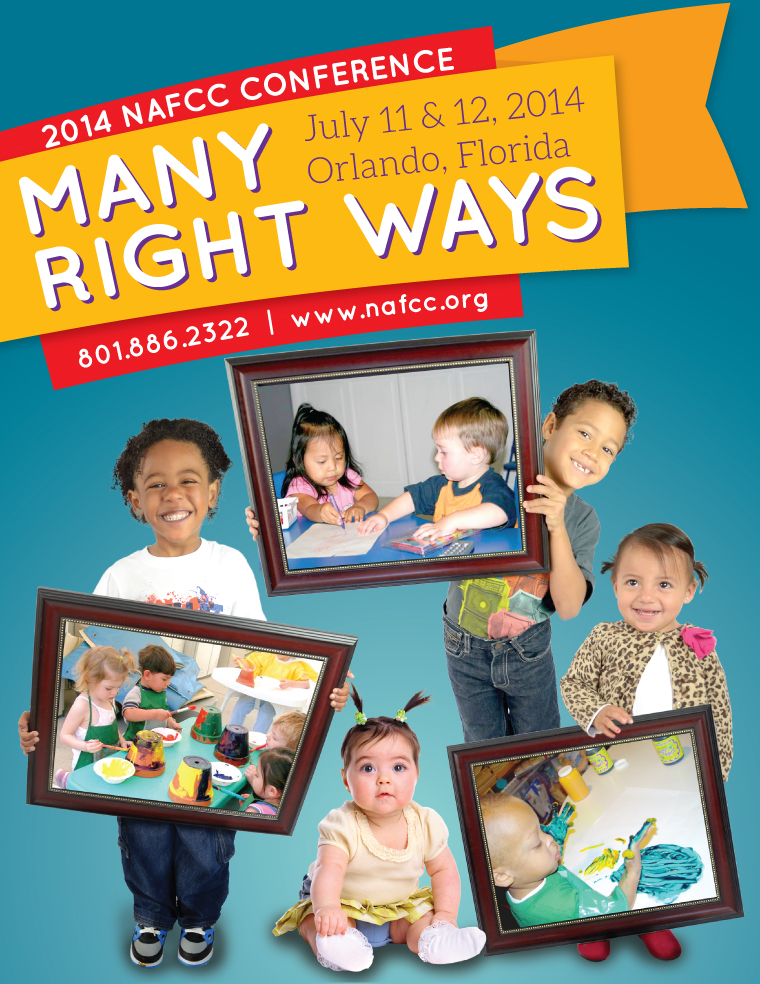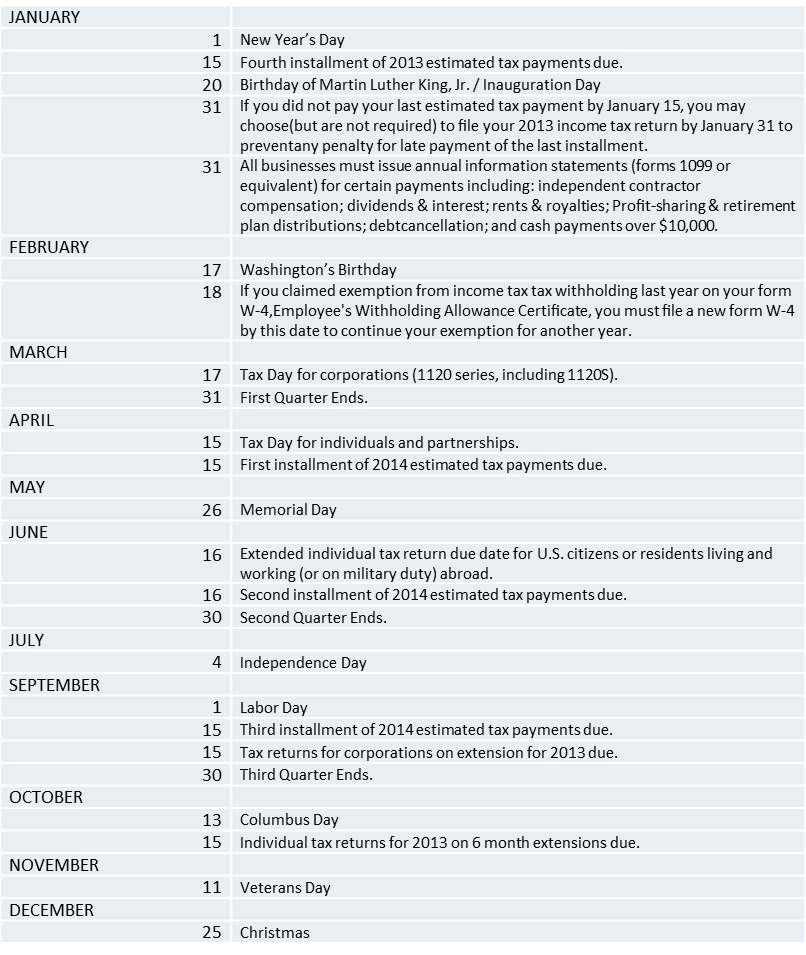 Now is a good time for you to do a mid-year health check on your record keeping and tax status.
Now is a good time for you to do a mid-year health check on your record keeping and tax status.
Give us a call at 619-589-8680 and let’s set up a time for you to come in.
June 2, 2014
Deadline for financial institutions to send out Form 5498 to report balances in an individual retirement account for the year 2013.
June 16, 2014
2nd quarter estimated tax payments due for the 2014 tax year. (The normal deadline is June 15th, which falls on a Sunday, so the deadline is pushed to the next business day.)
Deadline for US citizens living abroad to file individual tax returns and to pay any tax due. You can request an additional 4-month extension (Form 4868). (You can request an automatic extension by April 15th instead if you want to.) Two tax breaks important for Americans working abroad are the Foreign Earned Income Exclusion and the Foreign Tax Credit, .
June 30, 2014
Deadline to file Foreign Bank Account Report for the year 2013. This report is required if you have over $10,000 (in aggregate) held in foreign bank accounts. Foreign Bank Account Reports have a new form number (FinCEN Form 114) and must be filed electronically. Extensions of time to file are not available.
September 15, 2014
3rd quarter estimated tax payments due for the 2014 tax year.
Final deadline to file corporate tax returns for the year 2013 if an extension was requested. (Forms 1120, 1120A, 1120S).
Final deadline to file trust income tax returns (Form 1041) for the year 2013 if an extension was requested.
Final deadline to file partnership tax returns (Form 1065) for the year 2013 if an extension was requested.
October 1, 2014
Final deadline for self-employed persons or small employers to establish a SIMPLE-IRA for the year 2014.
October 15, 2014
Final deadline to file individual tax returns (with extension). (Forms 1040, 1040A, 1040EZ.)
Last day the IRS will accept an electronically filed tax return for the year 2013. If filing after October 15th, you’ll need to mail in your tax return for processing.
Final deadline to fund a SEP-IRA or solo 401(k) for tax year 2013 if you requested an automatic extension of time to file.
November 2014
Start planning any year-end tax moves.
December 1, 2014
If you are covered by an HSA-compatible health insurance policy as of December 1st, you’ll be eligible to contribute the full amount to a Health Savings Account for the year.
December 31, 2014
Last day to make any tax moves for the year 2014. Last day to set up a solo 401(k) for self-employed persons.
Marital status on this date determines your marital status for the whole year.
Source: Income Tax Deadlines; Critical IRS Deadlines in the Year 2014

 Now that April 15 has come and gone – you may look at this time as an opportunity to clean up, clean out and get organized. We will be writing about tips to freshen or set up your in-home office to help you in your recordkeeping, but before we go there… let’s talk about your tax files first and what you need to keep.
Now that April 15 has come and gone – you may look at this time as an opportunity to clean up, clean out and get organized. We will be writing about tips to freshen or set up your in-home office to help you in your recordkeeping, but before we go there… let’s talk about your tax files first and what you need to keep. How should you handle parents who are divorced or separated when it comes to providing receipts?
How should you handle parents who are divorced or separated when it comes to providing receipts?
 We always meet with our new child care provider clients to check their past deductions because many times they have not properly depreciated the day-to-day materials, furniture, and household items they use in the daily operation of their business.
We always meet with our new child care provider clients to check their past deductions because many times they have not properly depreciated the day-to-day materials, furniture, and household items they use in the daily operation of their business. It is your responsibility to communicate your policies in your business. Clients will appreciate the information, and creates a basis of communication between you and the client. It establishes how you conduct your business, and gives parents an “inside look” of what to expect in your performance. It also lets them know what is expected of them.
It is your responsibility to communicate your policies in your business. Clients will appreciate the information, and creates a basis of communication between you and the client. It establishes how you conduct your business, and gives parents an “inside look” of what to expect in your performance. It also lets them know what is expected of them.  You’re not alone. Many child care providers feel awkward talking about rates and fee increases with their clients. However, just as many of your clients get annual reviews and increases in their job-related compensation, it isn’t unreasonable for you to need to adjust your rates if only to meet inflation.
You’re not alone. Many child care providers feel awkward talking about rates and fee increases with their clients. However, just as many of your clients get annual reviews and increases in their job-related compensation, it isn’t unreasonable for you to need to adjust your rates if only to meet inflation.
